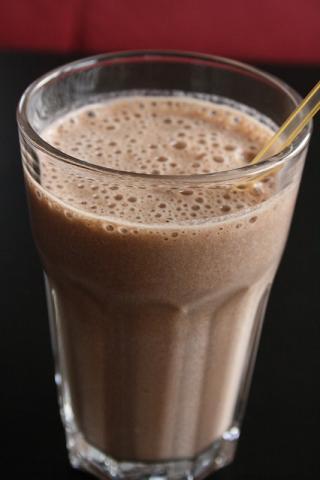
Protein is essential in any diet, regardless of what nutrition plan you’re following. Good sources of protein include: Eggs, milk yogurt, fish and seafood, soya, pistachio nuts, pork, chicken and turkey, quinoa, green peas, chickpeas, beans and other natural sources. However, when you’re in a rush, it’s tricky to get the protein you need on the go.
There are many protein supplements out there to choose from, but not all are created equal. A good protein drink made from quality ingredients can have many benefits, including supplementing your diet, balancing hormones, and assisting in weight loss. It can also help repair and maintain healthy skin and hair and curb the appetite.
Given the wide variety of supplements to choose from, the market is competitive, and many of these products have hidden additives included in them to improve taste and texture. Some of these additives can do more harm than good, and you want to be sure you know exactly what these ingredients are capable of. Here are some ingredients to be wary of when choosing a protein supplement:
- Gluten: More and more people are noticing a sensitivity to gluten and have been becoming more aware of its presence in so many of the foods we consume daily. If you do have a sensitivity, this can cause inflammation and cause a wide array of health problems, from hormonal imbalances to skin issues.
- Artificial sweeteners: Artificial sweeteners can have many negative side effects including headaches, depression and weight gain (among others). Common sweeteners used are Splenda, aspartame, NutraSweet, saccharin and sucralose.
- Casein + WPC: This is also known as whey protein concentrate and caseinate. These are milk proteins and are high in lactose, which can cause gastrointestinal discomfort in some people.
- Soy protein: Soy protein usually comes from GMO plants and can contain chemicals which may cause hormonal problems and thyroid dysfunction.
There are great natural and organic sources of protein to look for to ensure your supplement is as clean as possible, and you’re not derailing your health goals.
- Hemp: Hempseed is a good source of protein as it contains all the 21 known amino acids. Unlike soy beans, hemp has not been subjected to genetic modification.
- Pea: If you’re a vegetarian, vegan or have stomach sensitivities, pea protein is a great alternative to the other market options. It’s one of the most hypoallergenic of all protein powders as it contains no gluten or dairy. It’s gentle on the digestive system as well.
- Spirulina: This plant-based protein is rich in amino acids and beta-carotene as well as calcium and iron. Spirulina is a good option for those looking for nutrients as well as protein.
- Chia Seeds: This protein-packed option is high in fiber and is a complete protein with all the essential amino acids. It’s also a good source of magnesium and calcium.
- Sunflower: This protein is great for those who are vegan and/or suffer from nut allergies. This option is high in fiber and an excellent protein supplement.
